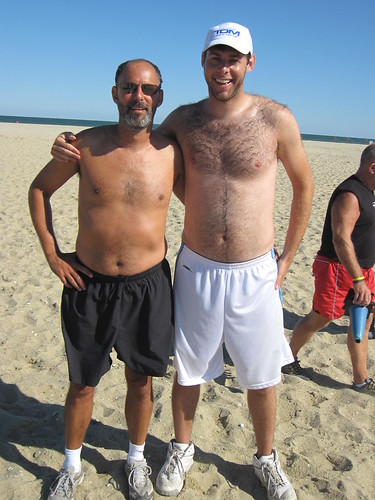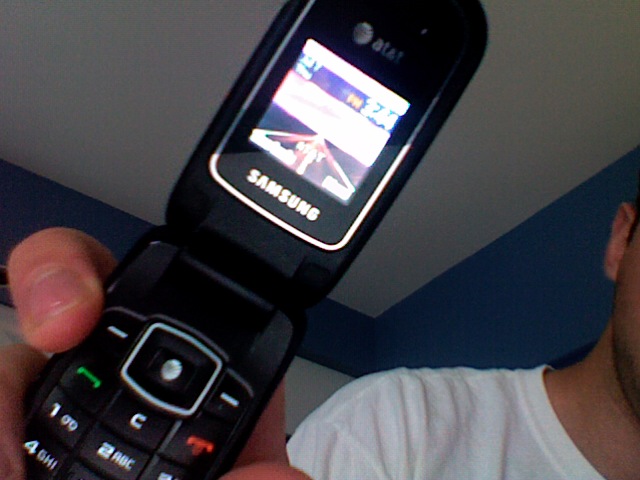I cannot get Todd Snider out my head.
This isn’t a new experience for me. I’m not sure I believe that certain generations are defined by certain songwriters — Do my parents belong to Dylan? To John and Paul and George and Ringo? To Jimi? To Janis? To the Stones? — but I know that certain moments demand a voice. There are weeks when the right song hits me at the right time. I’ve lost months to Joe Purdy’s woes, to Steve Poltz’s quirks, to James McMurtry’s tales of Texas.
Right now, I cannot get Todd Snider out my head.
I fell in love with Snider for his stories. I’ve seen him live, twice. He gets up on stage, sings a song or two, and then he starts in with these stories. They’re all just a YouTube search away. Here’s one about meeting Slash. Here’s one about hallucinogenic mushrooms and high school football. Here’s one about a tour manager named Spike.
A lesser songwriter would lose his audience with stories like those. Not Snider’s crowds. They come for the stories.
That’s why I came.
But lately, I’ve been listening to Snider’s records. And I’m finding that Snider’s got the voice that speaks to what I’m going through now with Stry.
It’s been 15 months since I left my job to start Stry. Things keep changing. I keep learning.
But what has stayed constant is this: I am always on the verge of being completely, totally screwed. Stry is not making money. It does not have any other employees. The only thing keeping the Great and Good and Honorable Dream That Is Stry alive is me.
Mine is not the story of business success — not yet. So this moment demands a songwriter who’s been out there, trying, struggling, failing, laughing, scratching at the edges of success. Someone who’s taken risks. Someone who’s been both the next big thing and the has-been. Someone who’s been out there long enough to have perspective on how life goes, especially when it goes places you never wanted it to go.
Snider’s the songwriter who can explain all those stages: The empowerment, the discovery, the struggle, the success — and the failure. Oh, the failure.
Start here. I am sitting in my cubicle in San Antonio, thinking about something more, thinking about changing the world — couldn’t be that hard, right? — and there’s Todd Snider, singing:
You can’t talk to me like that boss
I don’t care who you are
If you don’t want to have to hang your own dry wall
Don’t push me too far
Suddenly, I’ve left my job. I’m in an apartment in Biloxi, Miss., drafting up a mission statement for Stry. And I’m thinking:
Life ain’t easy getting through
Everybody’s gonna make things tough on you
But I can tell you right now
If you dig what you do
They will never get you down
And that’s keeping me going for a while.
And then Stry’s getting off the ground. I’m thinking a bit too ambitious. I’m thinking that selling this thing is going to be easier than I’d previously thought. I’m getting a bit greedy. And Snider’s singing:
Everybody wants the most they can possibly get
For the least they could possibly do
I’m back in D.C. Selling it isn’t easy at all. I’m clueless. I’m learning. I’m trying. I’m failing. I’m floundering. I’m trying to find myself. And Snider’s singing:
Sometimes you rise above it
Sometimes you sink below
Somewhere in between believing in heaven
And facing the devil you know
I start to find a way forward. I settle down a little bit. Maybe I start to settle for something a bit less than changing the world. I start to find myself. I start to wonder whether I’m ever going to get moving again. I start to doubt myself. And Snider sings:
A little out of place
A little out of tune
Sorta lost in space
Racing the moon
Climbing the walls
Of this hurricane
Still overall
I can’t complain
Then the complication comes back around. More failing. More setbacks. More struggling. And Snider’s singing:
Some of this trouble just finds me
No matter where I turn
How do you know when it’s too late to learn?
And now it’s the present day. I’m thinking about the fact that a year ago today — Oct. 3, 2010 — at about this very hour, I was pulling into my driveway in D.C., my whole year ahead of me. No plan, no idea of the road before me. Just a dream and a website. And Snider’s singing:
Lookin’ back on where I was
One year ago today
Laughing at the shape I’m in now
And Mr. Snider: I know you’re right. I am looking back, and I cannot help but laugh. Oh, how little I knew then.
How little I know now.
I know haven’t gotten that far in the entrepreneurial process. No, I don’t know what lies ahead.
But I suspect that when I get there, I’ll find there’s a Todd Snider song that explains it perfectly.
I hope there is.









